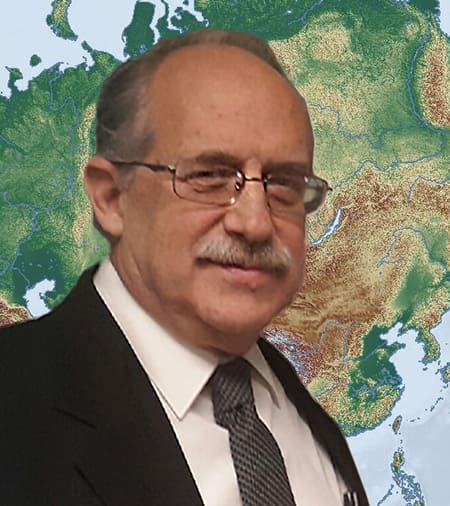Roland Bunch is one of the most well-respected leaders in regenerative land management, both in terms of food security and for addressing ecological degradation and climate change. He has worked as a consultant in sustainable agricultural development for over 45 NGOs and governments in 50 nations, including Cornell University, the Ford Foundation, Oxfam, Save the Children, CARE, and the governments of Guatemala, Honduras, Swaziland, Laos and Vietnam. He is the author of four books. The second of these, Two Ears of Corn, A Guide to People-Centered Agricultural Improvement, has been published in ten languages and is one of the all-time best-sellers on the design of agricultural development programs in developing nations.
In 1983, Mr. Bunch began investigating the use of plants that regenerate the soil, called “green manure/cover crops.” His most recent book, Restoring the Soil: How to Use Green Manure/Cover Crops to Fertilize the Soil and Overcome Droughts, synthesizes his extensive field-based research in this area gathered from smallholder farmers around the world. In Africa, presently, more than 40 million people are in serious need of food aid. Surprisingly, although global warming has made rainfall less predictable, lack of rain is not the primary cause of these droughts. Rather, they are being caused primarily by the problem of the increased population pressure on the land, which has forced African smallholder farmers to reduce the amount of time they set aside land for fallowing (letting the forest grow). The land has therefore gradually lost its organic matter, which in turn has reduced the rainwater infiltration rate from 60% to less than 20%. The only feasible hope for reversing this fateful process is the use of green manure/cover crops.
Mr. Bunch states that, “On at least 75% of the developing world's wastelands, we can, within two to three years, have farmers growing crops at double the national average; within four to six years, they can be producing three times their nations’ averages. And they can do all this while reducing their labor and making a much higher net profit.” Mr. Bunch, along with a number of other development organizations, have already achieved such results in over a dozen nations of Africa and Latin America. What’s more, as a free by-product of this whole process, these farmers are sequestering carbon in the soil, long term, at a rate of over 4t/ha/year. At this level of carbon sequestration, the world’s farmers and ranchers alone could sequester over half the carbon needed to meet the Paris Accord targets by the year 2100.
Mr. Bunch has been honored with nominations for the Global 500 Award, the End the Hunger Prize of the President of the United States, and the World Food Prize.

